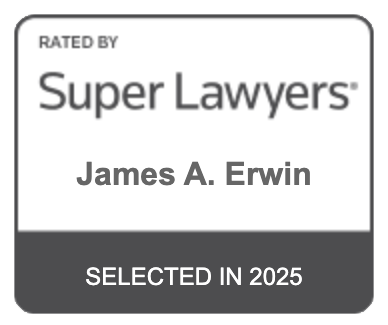Beginning June 1, 2021, landlords in suburban Cook County will face one of the nation’s most restrictive, tenant-friendly rental codes.
The new “Cook County Residential Tenant and Landlord Ordinance” creates hidden pitfalls that all existing landlords, as well as purchasers of multi-units in Cook County (except for Chicago, Evanston and other municipalities with home-rule landlord tenant ordinances), would do well to learn and avoid.
While the majority of the Ordinance does not apply to owner-occupied buildings with 6 units or less (as is the case with Chicago’s ordinance), or single-family residences (including condo units) owned by individuals where the owner or an immediate family member has occupied the property within the past year, there are some restrictions that do -- including a required notice to tenants that the ordinance does not apply. That said, it is imperative for all landlords to review the code and make sure they are operating within the law.
The Ordinance’s prohibition against certain lease terms will likely be the most common violation committed. And landlords who intentionally use a lease with a prohibited term will be liable to their tenant for the greater of two months’ rent or actual damages.
This is a major difference from the Chicago Residential Landlord Tenant Ordinance, as landlords in Suburban Cook County will be penalized for merely intentionally using a lease with a prohibited term, whereas Chicago landlords are penalized for enforcing a prohibited term.
The most notable prohibited lease terms under the Ordinance are:
− Waiver of either parties’ rights or remedies under the ordinance, Illinois state law, or federal law;
− Limitation on the liability of either party under any law;
− Any indemnification agreement;
− Non-disparagement clause that prevents the tenant from disparaging the landlord;
− Authorization for landlord to apply rent payments to any other charge except rent (cannot apply rent payments to utilities, fines, late fees etc.);
− Jury waiver;
− Landlord attorney fee provision, except as provided for by court rules, statute or ordinance;
− Late fees in excess of $10.00 per month for the first $1,000.00 in monthly rent plus five percent per month for any amount in excess of $1,000.00 in monthly rent; and
− A confession of judgment clause.
The Ordinance can be confusing, and following it, daunting. And, since most all form leases contain at least one of the prohibited terms, it makes good sense for landlords to have a trained eye review their current documents.
For more than 25 years, the knowledgeable professionals at Erwin Law have been helping Clients navigate the myriad intricacies of real estate law. We are well-equipped to assist in ensuring you have a lawful lease before the new Ordinance goes into effect. For more information, you can call us at 773-525-0153.

All materials herein have been prepared by Erwin Law for informational purposes only and are not legal advice. Transmission of the information is not intended to create, and receipt does not constitute, an attorney-client relationship between you and the rm. You should not act upon this information without seeking professional counsel.
Copyright © 2025 Erwin Law. All Rights Reserved.